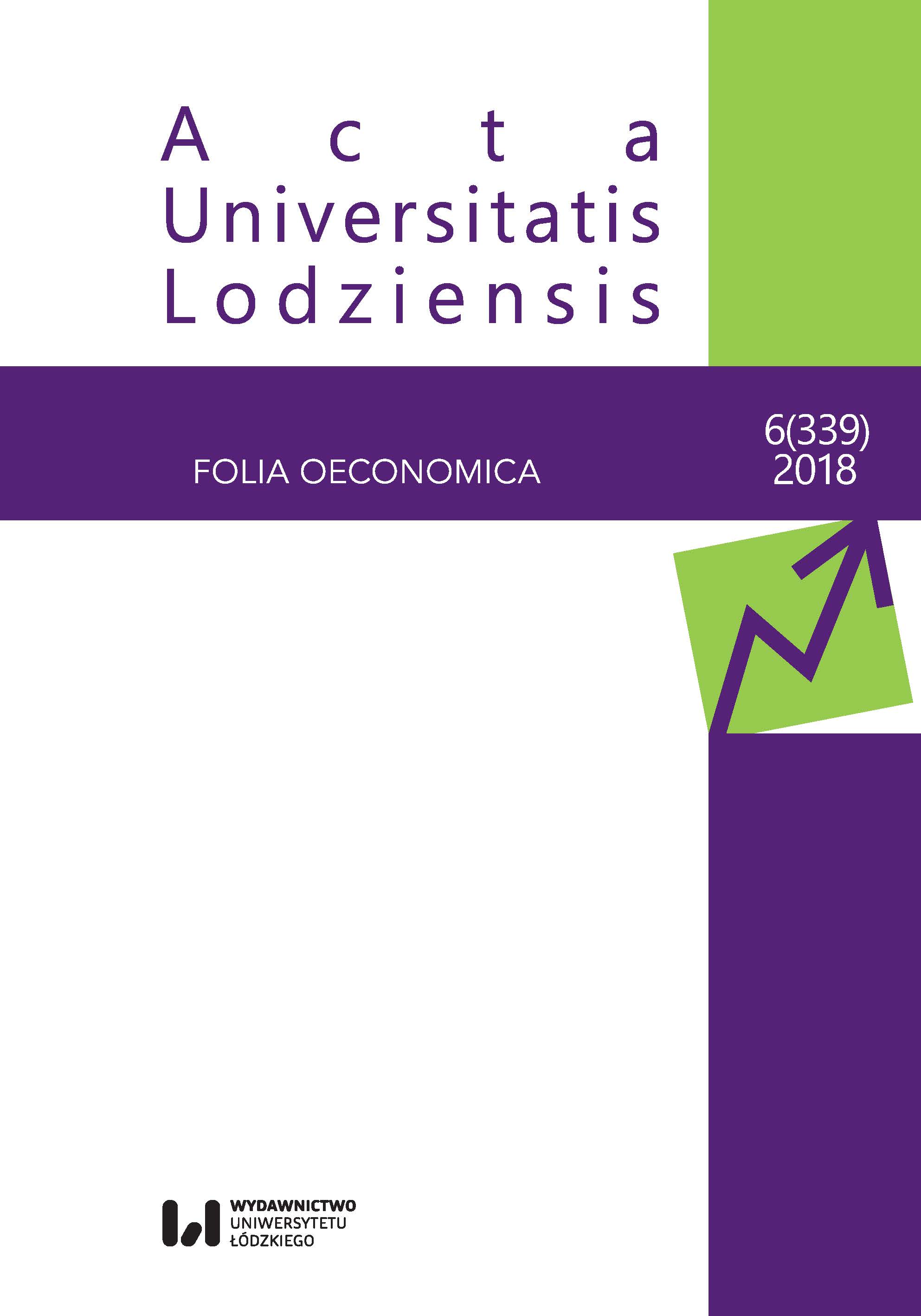The Intensity of University‑Business Collaboration
in the EU
The Intensity of University‑Business Collaboration
in the EU
Author(s): Aleksandra PleśniarskaSubject(s): Business Economy / Management, Higher Education , Socio-Economic Research
Published by: Wydawnictwo Uniwersytetu Łódzkiego
Keywords: university‑business cooperation; higher education; European Union
Summary/Abstract: It seems that collaboration between academia and the private sector represents one of important sources of knowledge transfer, which is a key element for creating the knowledge based economy. Moreover, knowledge transfer between universities and businesses is vital for innovation. The ability to create innovations is not only crucial for the development of enterprises but also for the development of a country’s economy. Business is interested in having access to the latest advances in science. On the other hand, activities of university are evolving from the basic functions of teaching and research to commercialisation of research results where the partnership with the private sector is one of the most important elements. Although there are numerous advantages of such collaboration, in reality, there are also constraints that hinder university business cooperation. The main purpose of the article is to present selected aspects of the intensity of university business collaboration in the Member States of the European Union (EU). In the first section of this article, advantages of and barriers to university business cooperation are discussed. In the second part, the discussion addresses the following factors: public private co publications per million population and the share of enterprises cooperating with academia. The ranking of the top universities that work with the most innovative firms is also presented in the article. The reflections will be based on the study of literature, European reports and documents. The main axis of investigation is a comparative analysis which draws its data from the Eurostat database. It is concluded that significant differences exist among the Member States – in countries such as Denmark, Sweden or Finland science business relations are at a good level. Furthermore, it seems that in the Member States of the EU large companies are more likely to engage in collaborations with higher education or public research institutions than small and medium sized enterprises (SMEs).
Journal: Acta Universitatis Lodziensis. Folia Oeconomica
- Issue Year: 6/2018
- Issue No: 339
- Page Range: 147-160
- Page Count: 14
- Language: English

